Cold therapy machines have become an essential tool in pain relief, injury recovery, and post-surgery care. If you're wondering what they are, when to use them, or how to choose a good one, this article will give you everything you need — plus insights into how our cold therapy device delivers superior results.
1. What Is a Cold Therapy Machine?
A cold therapy machine (also called “cold compression unit” or “ice machine”) is a device that circulates cold water through a reservoir into a wrap or pad. This wrap is applied over an injured or problematic area—knee, shoulder, hip, ankle, or back—to deliver:
-
Continuous cold temperature (instead of ice packs that warm up quickly)
-
Compression or snug pressure around the area
-
Adjustable time and, in some models, flow control
These features make cold therapy machines more precise, convenient, and clinically useful than traditional ice packs.

2. Primary Uses & Indications
Here are the main conditions and scenarios where cold therapy machines are most beneficial:
| Use-Case | Benefits from Using Cold Therapy |
|---|---|
| Post-Surgery Recovery (e.g., knee replacement, rotator cuff repair, ACL reconstruction) | Reduces swelling, pain; helps speed healing; limits bruising and fluid accumulation. |
| Sports Injuries (sprains, strains, tendonitis) | Faster relief from inflammation; improves mobility sooner. |
| Chronic Conditions (arthritis, joint degeneration) | Helps control flare-ups of pain and swelling; non-drug alternative for long-term management. |
| Acute Injuries (after trauma, bruising) | Immediate cooling helps reduce heat, redness, swelling. |
| Daily Recovery & Preventive Care (after workouts, overuse) | Helps muscle recovery; may prevent minor injuries from becoming worse. |
Medical guidelines often recommend starting cold therapy soon after injury or surgery. In many cases:
-
Use for 15-20 minute sessions, multiple times per day during the first few days.
-
After initial period, reduce usage to once or twice daily as needed for pain/swelling.

3. Who Should Use It — And Who Should Not
Suitable for:
-
Patients recovering from surgery
-
Athletes, physically active people
-
Those with joint pain from arthritis or overuse
-
Anyone seeking a drug-free, non-invasive in-home therapy
Contraindications / Precautions:
There are situations where cold therapy may be risky:
-
Impaired circulation (e.g., peripheral vascular disease)
-
Cold sensitivity disorders (e.g., cold allergy, Raynaud’s disease)
-
Open wounds or areas with bleeding
-
Persons with neuropathy (reduced feeling), or difficulty following instructions
-
In cases of deep vein thrombosis, or when medical advice contraindicates cold
Always consult with a healthcare professional if you're unsure.
4. How Cold Therapy Machines Work — What to Look For
To get the full benefits, these are the technical and practical features you should pay attention to:
-
Cooling system with water circulation: ensures temperature stays steady.
-
Wrap or pad design: should be ergonomic, fit snugly around knees, shoulders, hips etc.
-
Compression: optional or built-in, helps with swelling control and enhances the effect.
-
Timer & flow control: ability to adjust session length and water flow (if applicable).
-
Noise level & portability: for home use, silent or low-noise operation is important; rechargeable / cordless options help for flexibility.
-
Safety features: auto shutoff, leak protection.

5. Why Our Cold Therapy Device Excels
Here’s how our cold therapy machine is built to deliver on the above criteria — and surpass what many competitors offer:
-
Consistent Cold Circulation: Our device maintains therapeutic temperature over extended sessions—so you get real swelling and inflammation control without the frequent melting or temperature drop of ice packs.
-
Customizable Timer & Multiple Flow Levels: Choose from up to 60 minutes of treatment and adjust flow through several levels, so you can tailor therapy whether it’s night, day, or during sleep.
-
Universal Wrap Pad Design with Compression: One pad that comfortably wraps around knees, shoulders, hips, ankles, and back. Compression is secure but not restrictive.
-
Quiet & Portable: Low-noise pump, sleek reservoir, cordless / rechargeable options make it suitable for home, travel, or nighttime recovery.
-
Clinically Proven, Drug-Free Relief: Helps reduce pain and reliance on medications; supports faster, more natural recovery after injury or surgery.
6. How to Use Cold Therapy Safely & Effectively
To maximize benefits and avoid risks:
-
Start early: As soon as medically safe after surgery or injury.
-
Frequency & duration: For example, 4 sessions a day in the first 2-3 days, each session 15-20 mins. Later, reduce to 1-2 sessions per day or as needed.
-
Protect the skin: Always use some barrier if wrap is very cold or skin sensitive.
-
Monitor your response: Redness is okay; burning or numbness indicates it’s too cold. Stop or lower setting.
-
Complementary practices: Rest, elevation, compression (RICE principle) often combined with cold therapy for best outcomes.

7. Testimonials & Real User Examples
-
A knee replacement patient noted that using our device 3-4 times daily in the first week reduced swelling visibly faster than with ice-packs alone.
-
Athletes reported less bruise-discoloration and faster return to training when using cold therapy plus gentle movement.
8. Summary & Takeaway
A cold therapy machine isn’t just a fancy ice pack—it’s a precision tool for recovery. Whether recovering from surgery, managing chronic joint pain, or recovering from sports injury, the right cold therapy unit can make a big difference in speed, comfort, and outcomes.
If you’re ready to go beyond basic methods, our cold therapy machine offers continuous cooling, wrap-pad compression, adjustable settings, and portability—all in one device made for real everyday healing.

👉 Try it today, and start recovery with smarter, safer cold therapy.

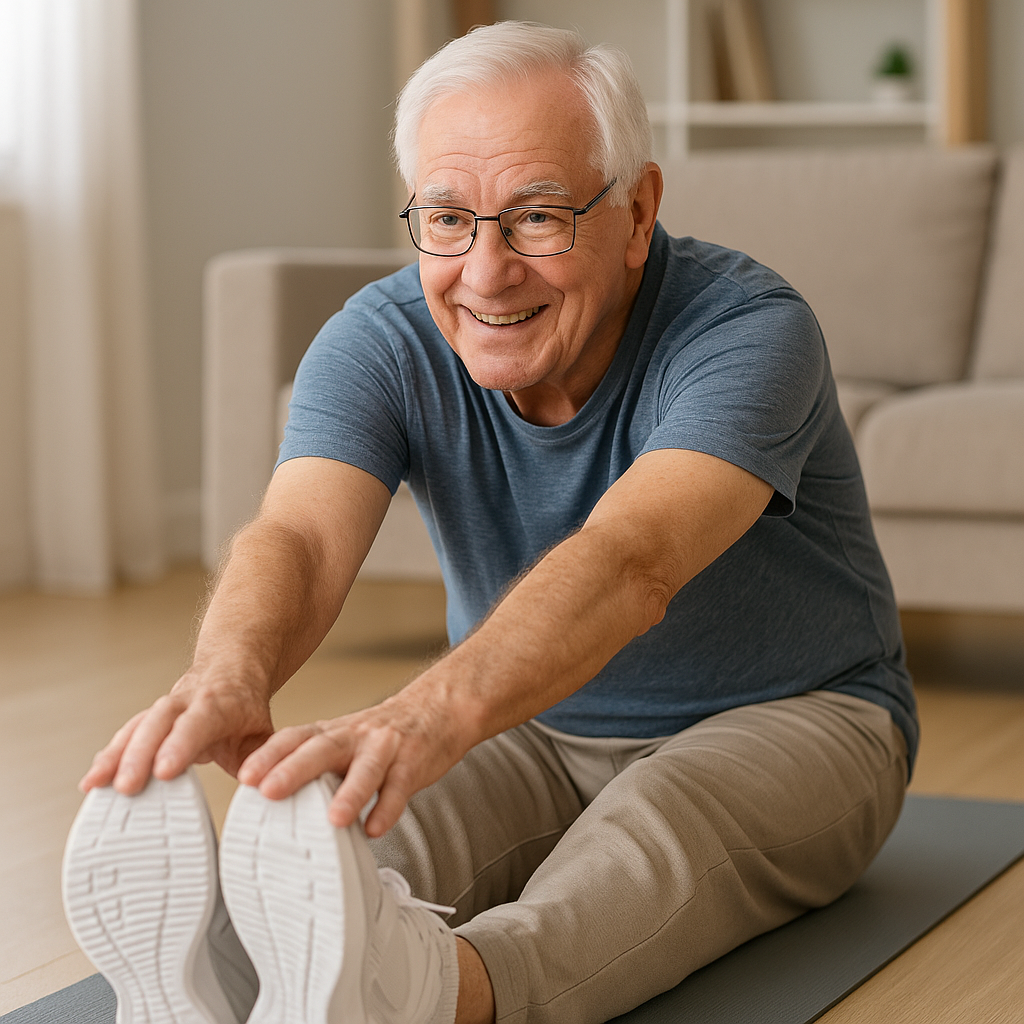
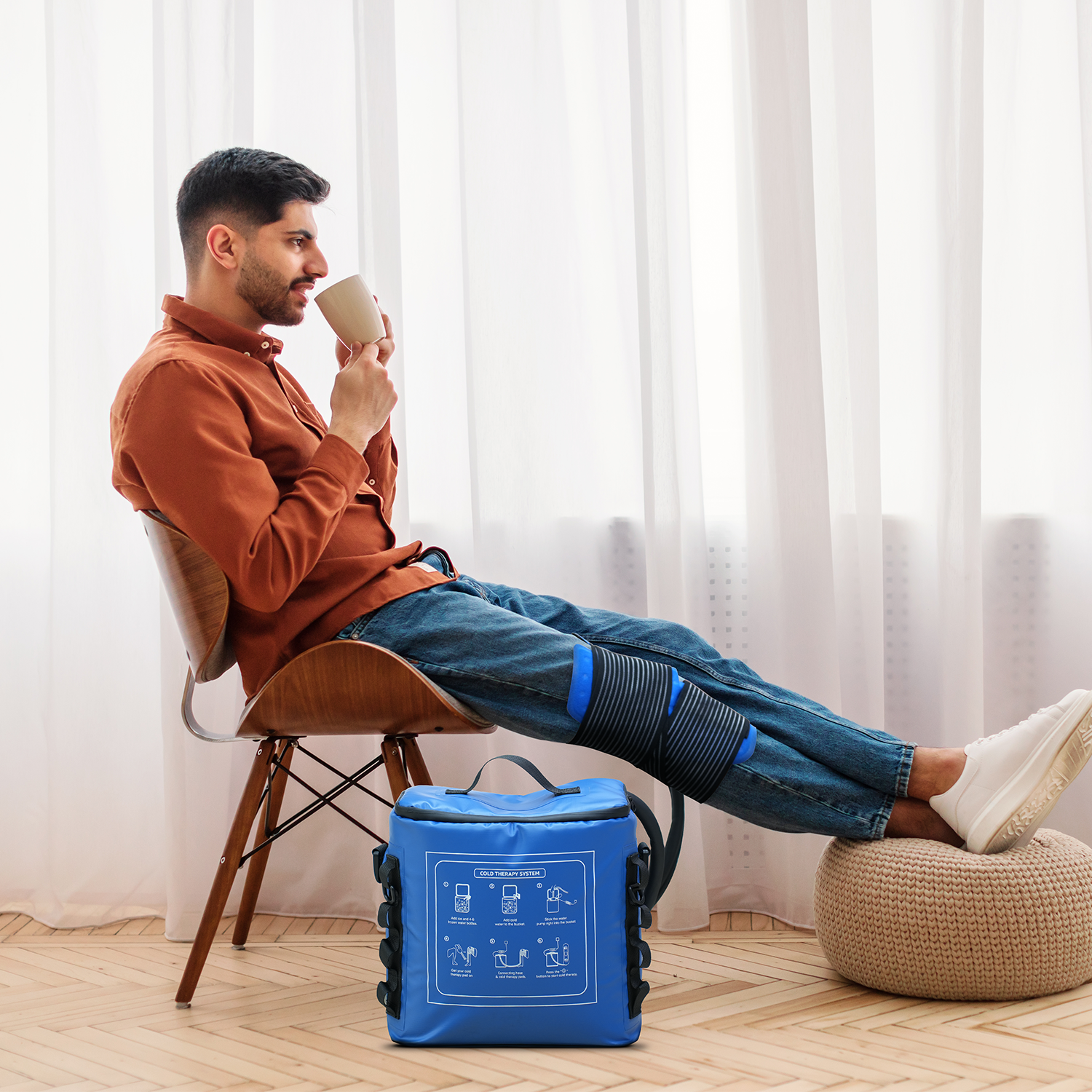
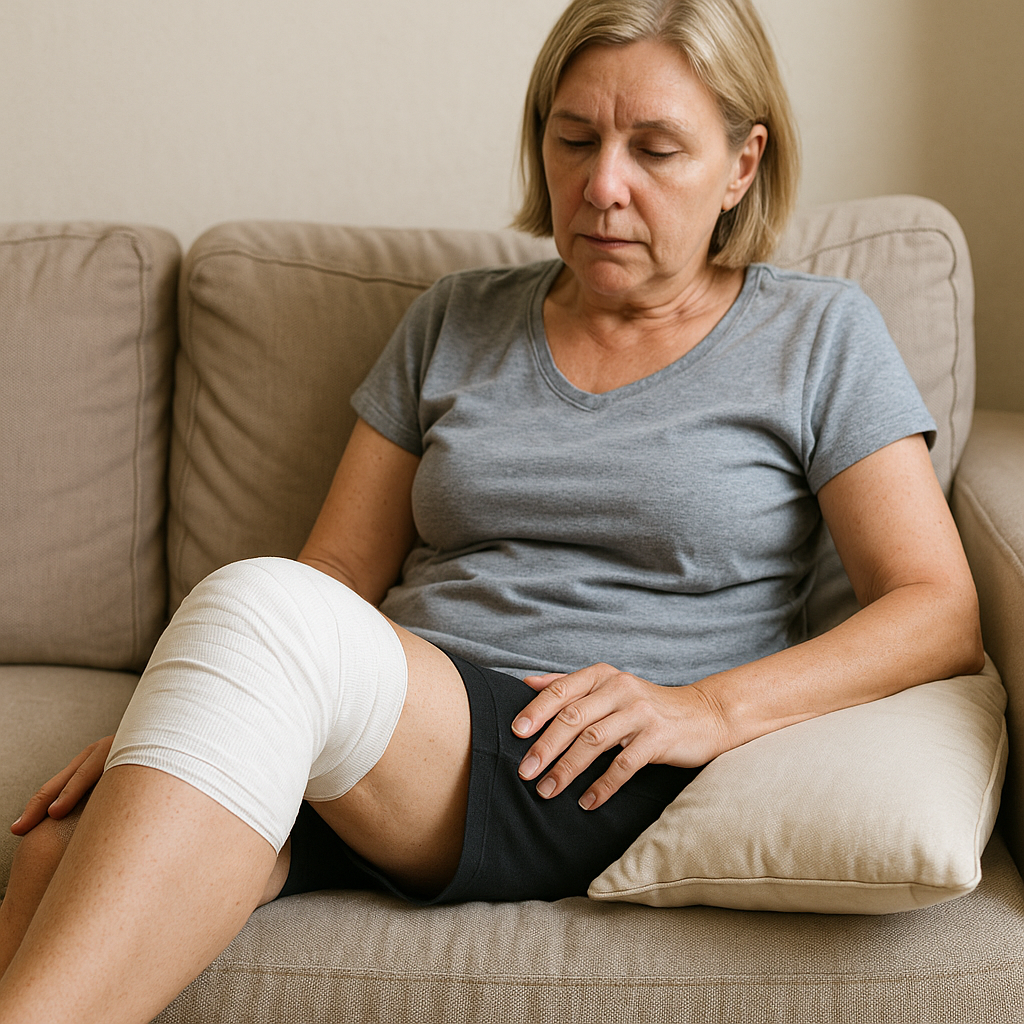
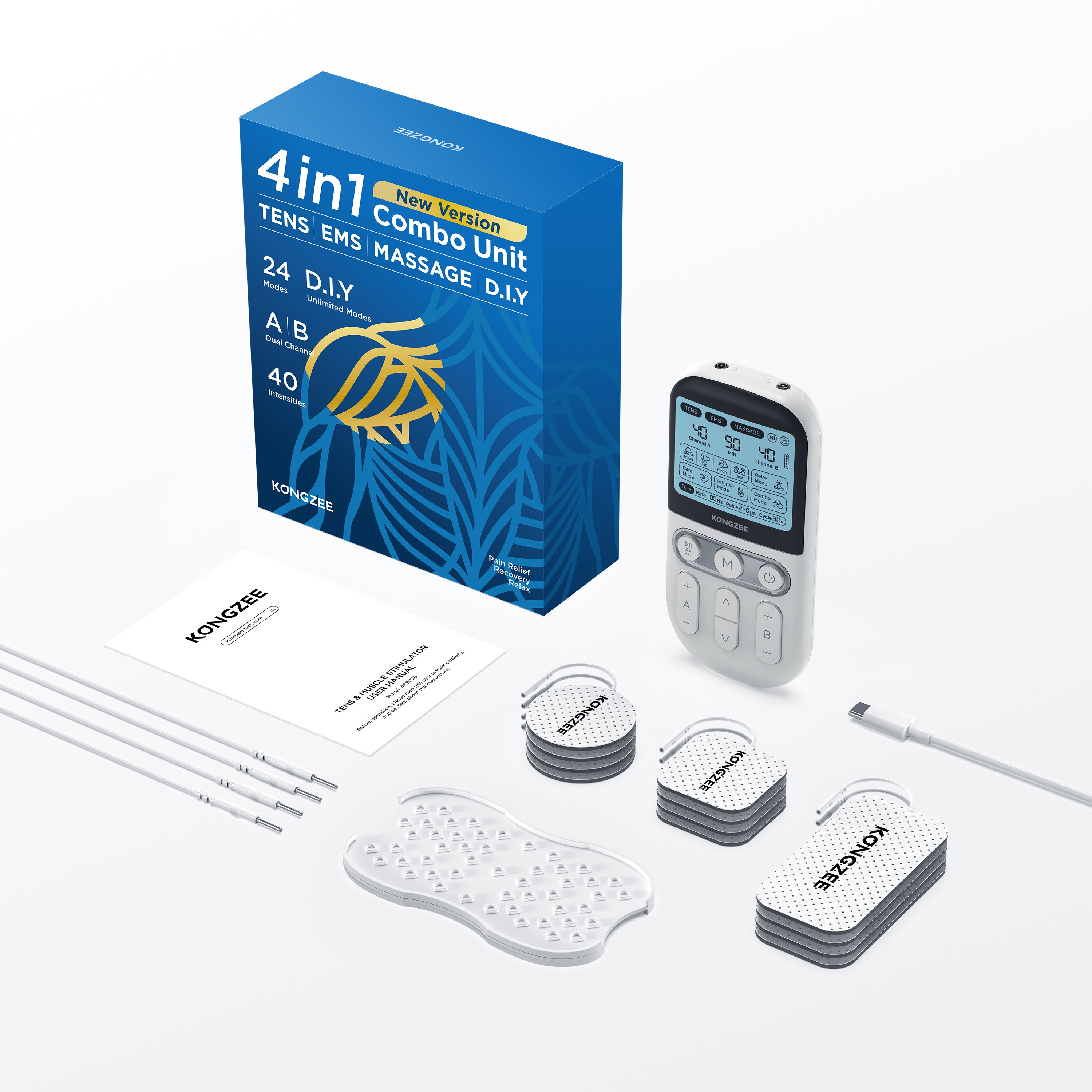
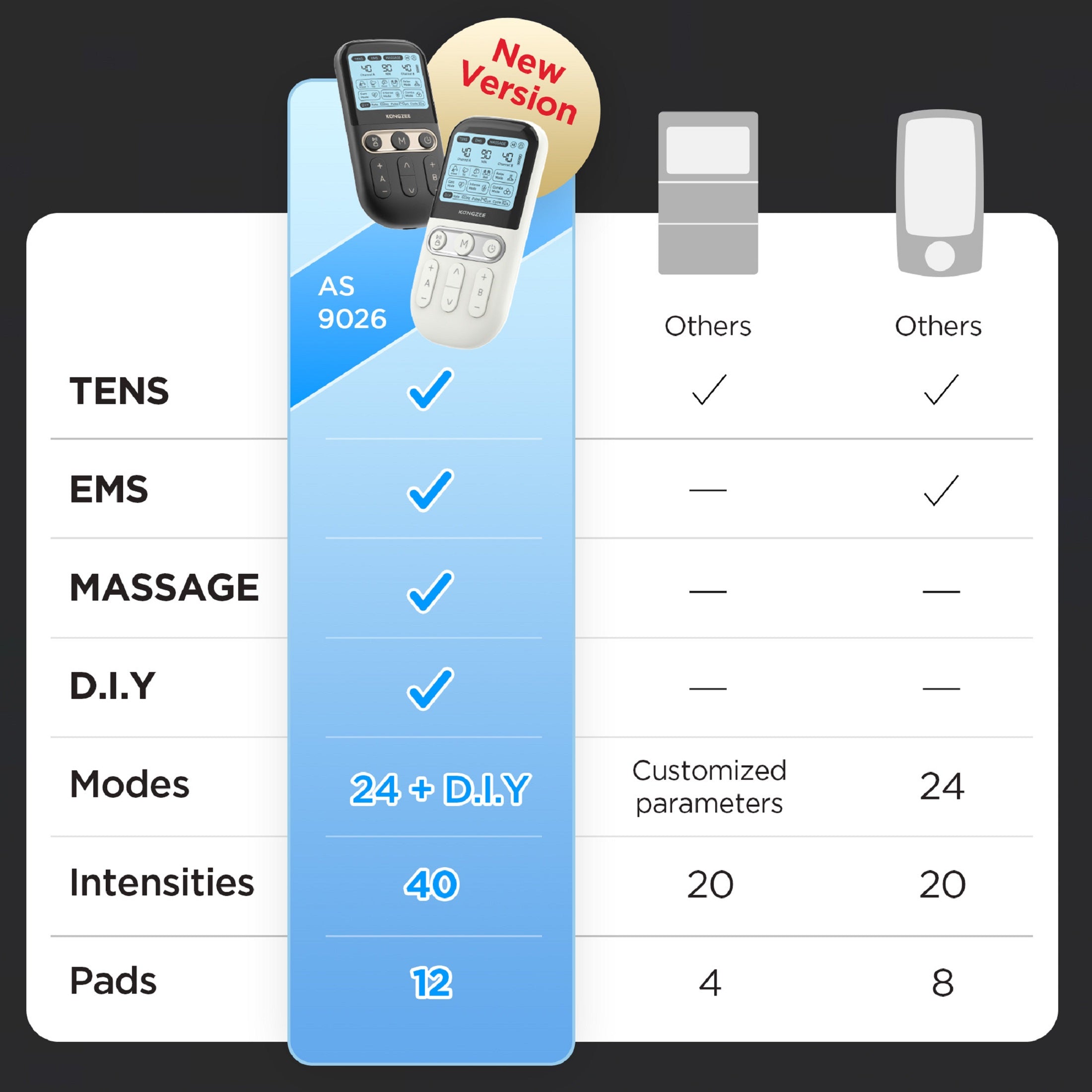
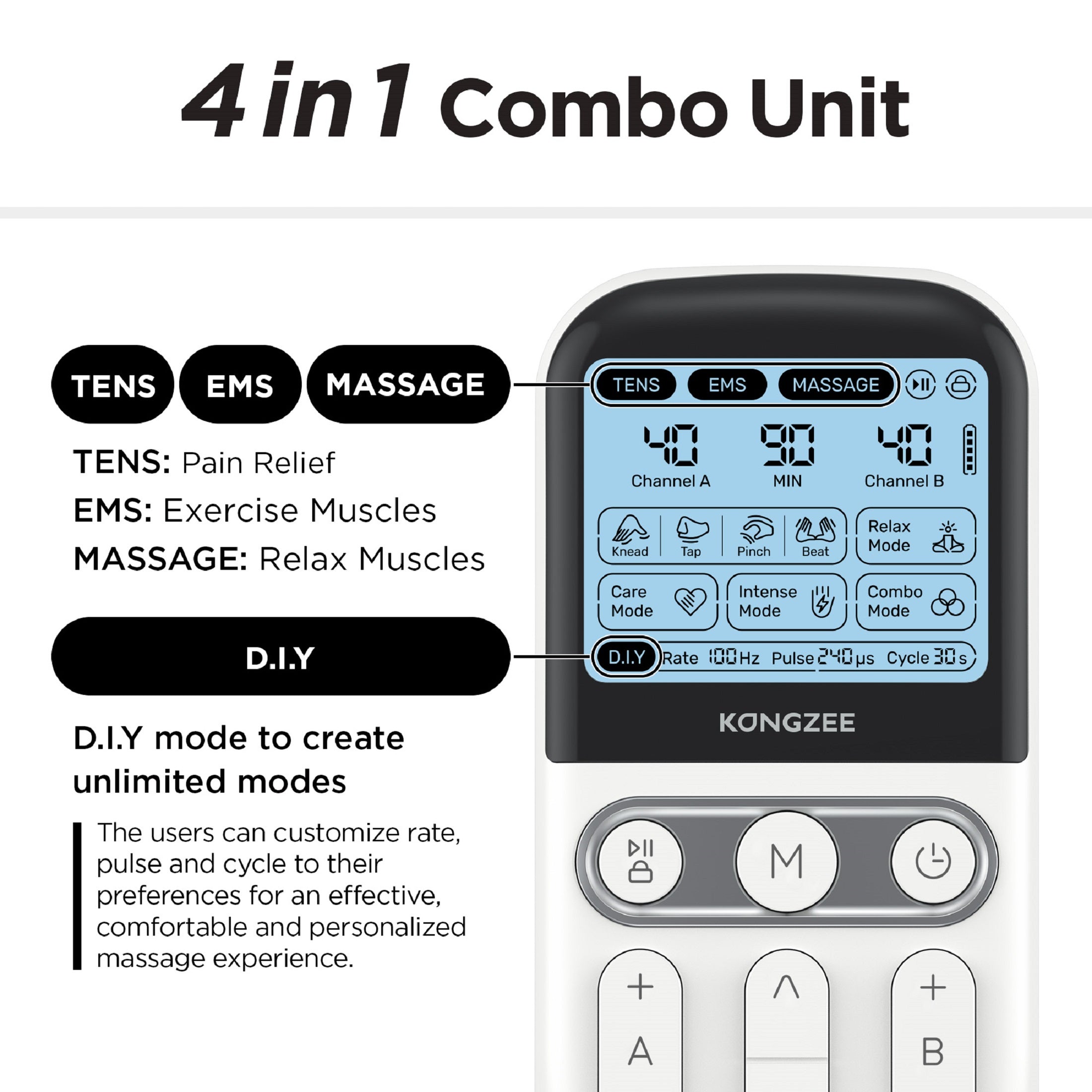
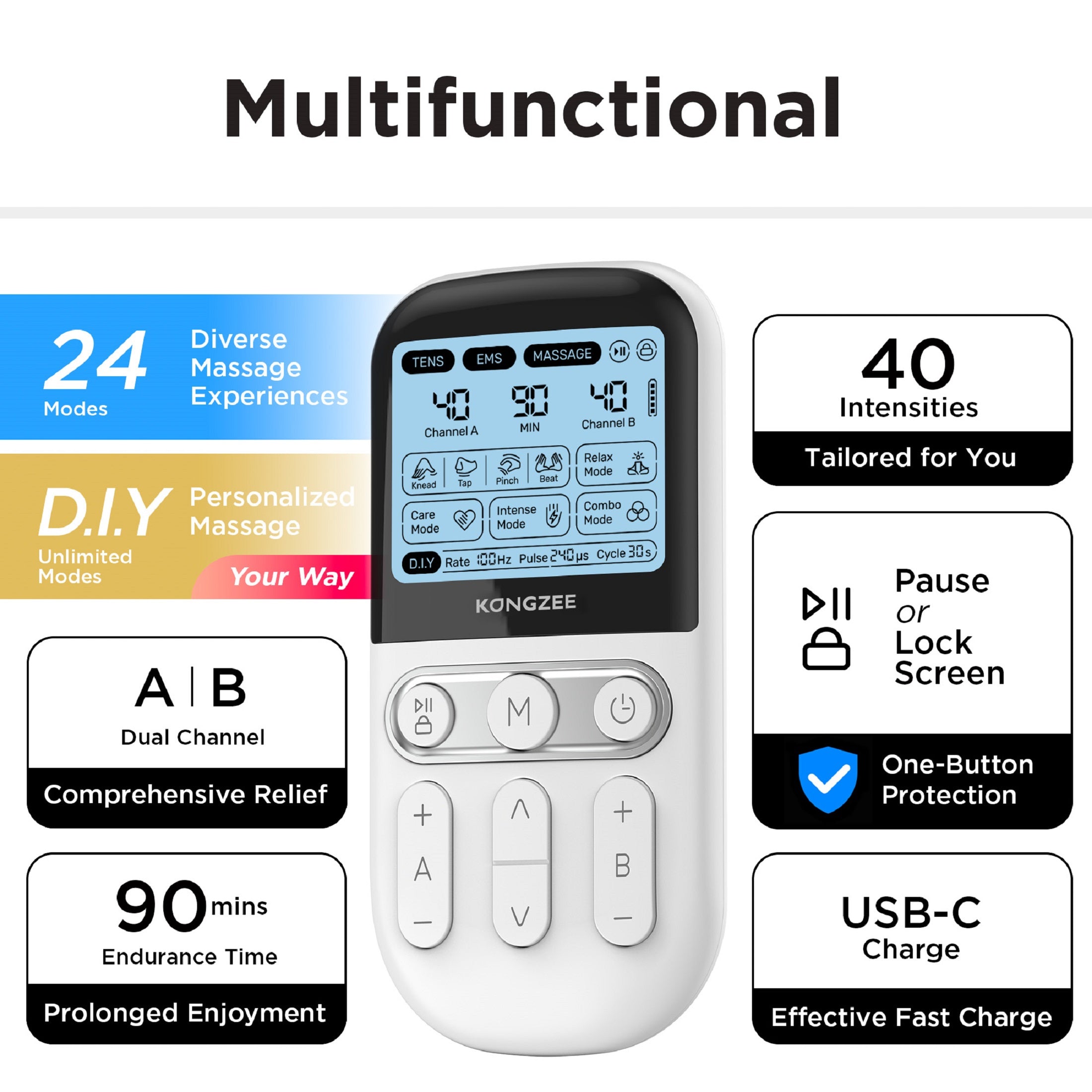
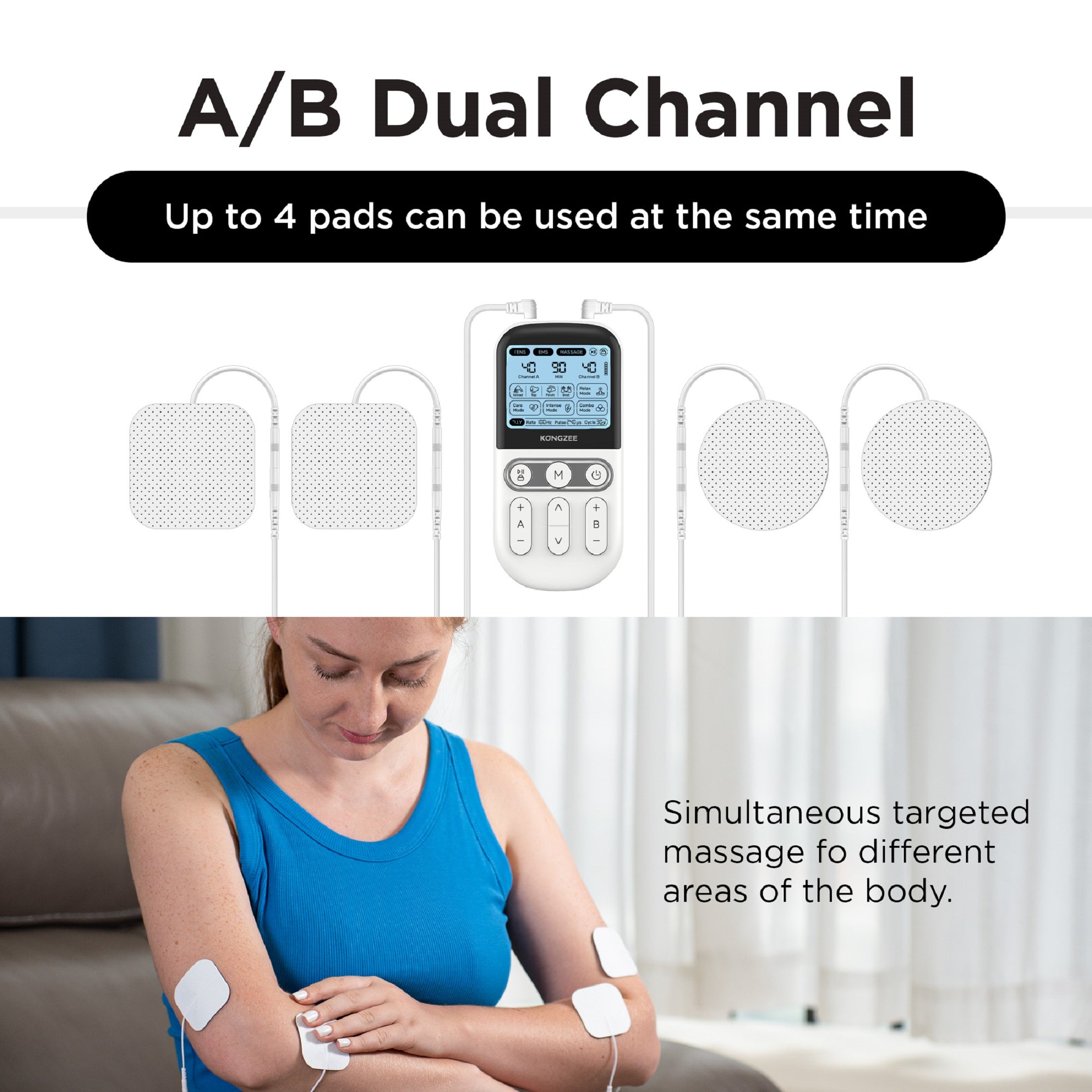
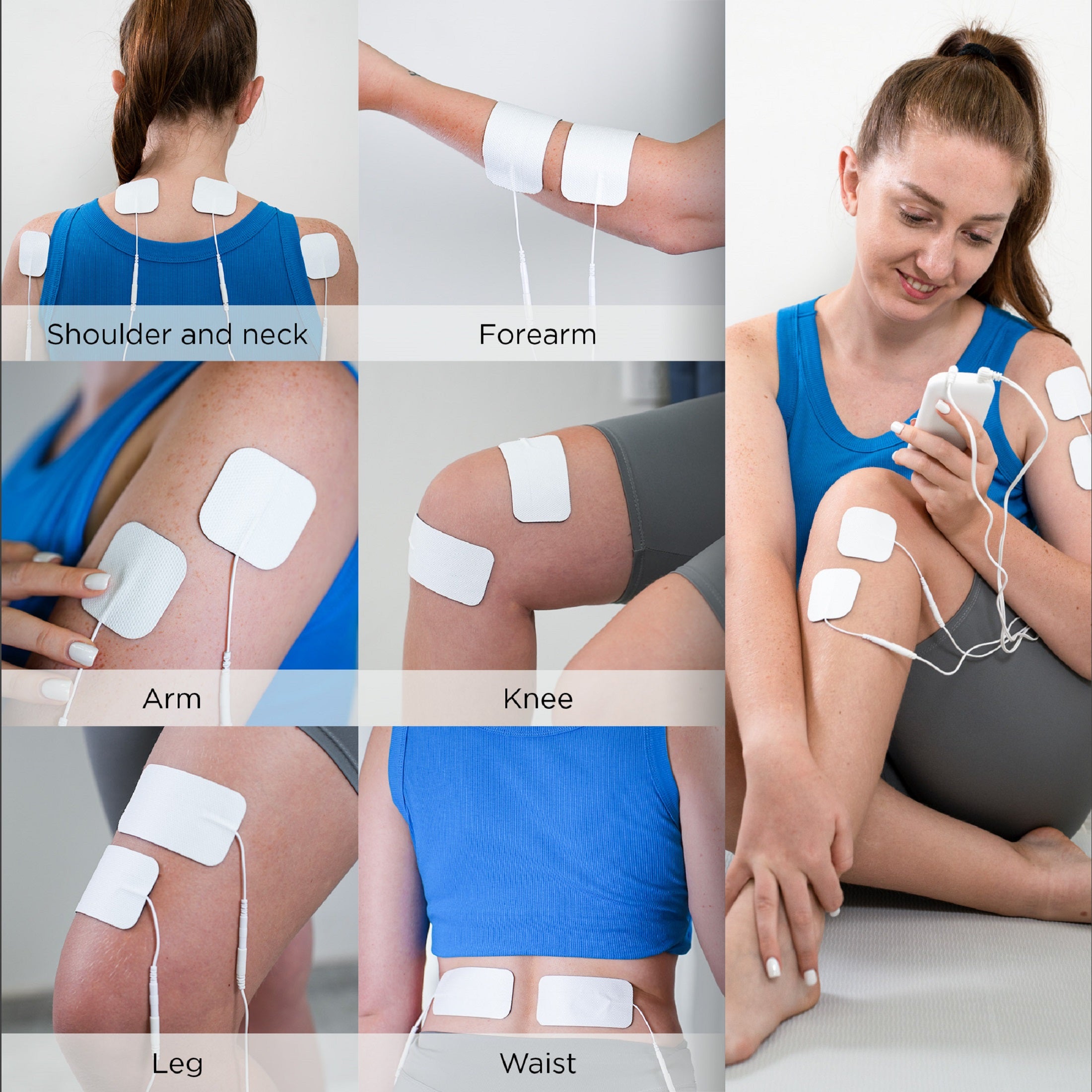
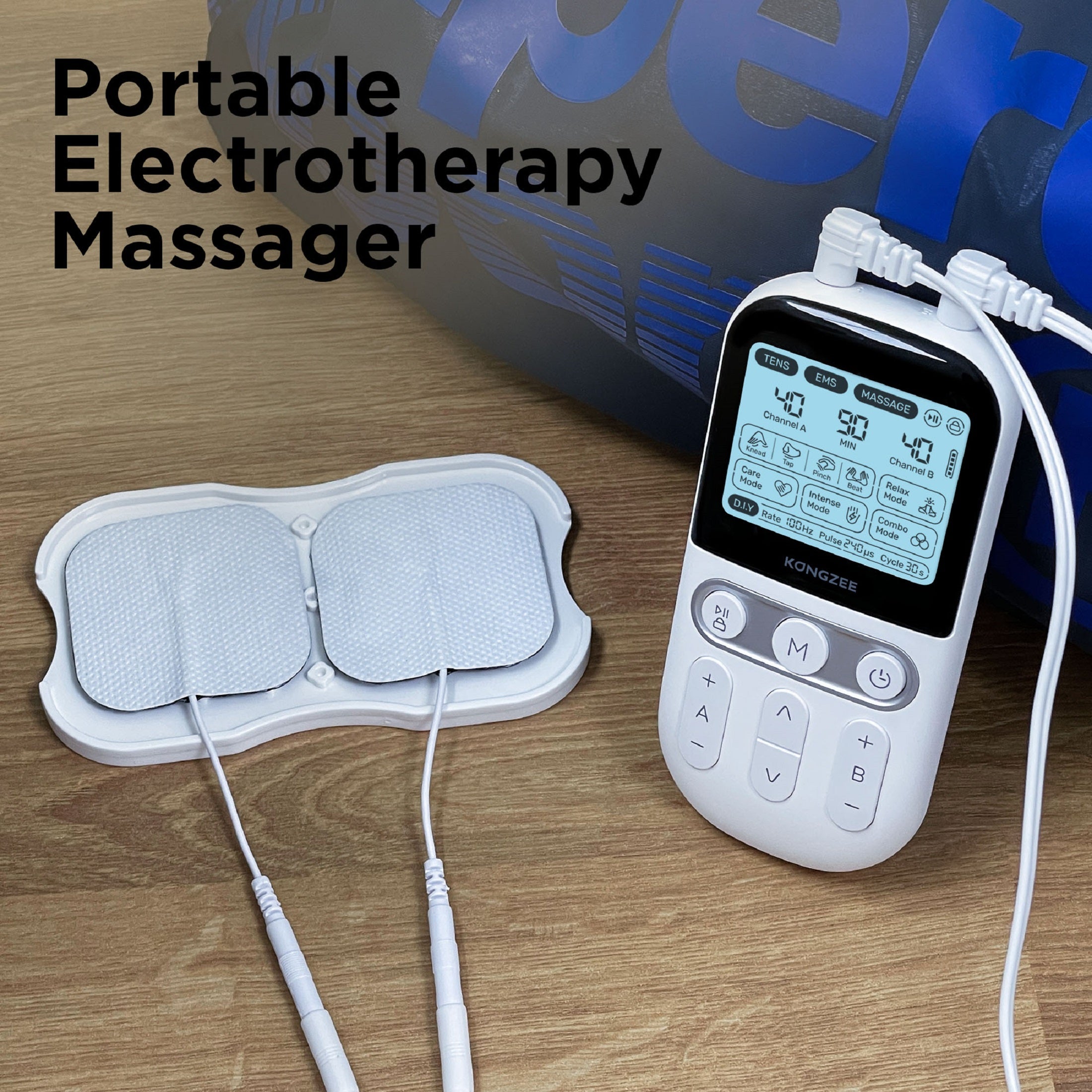
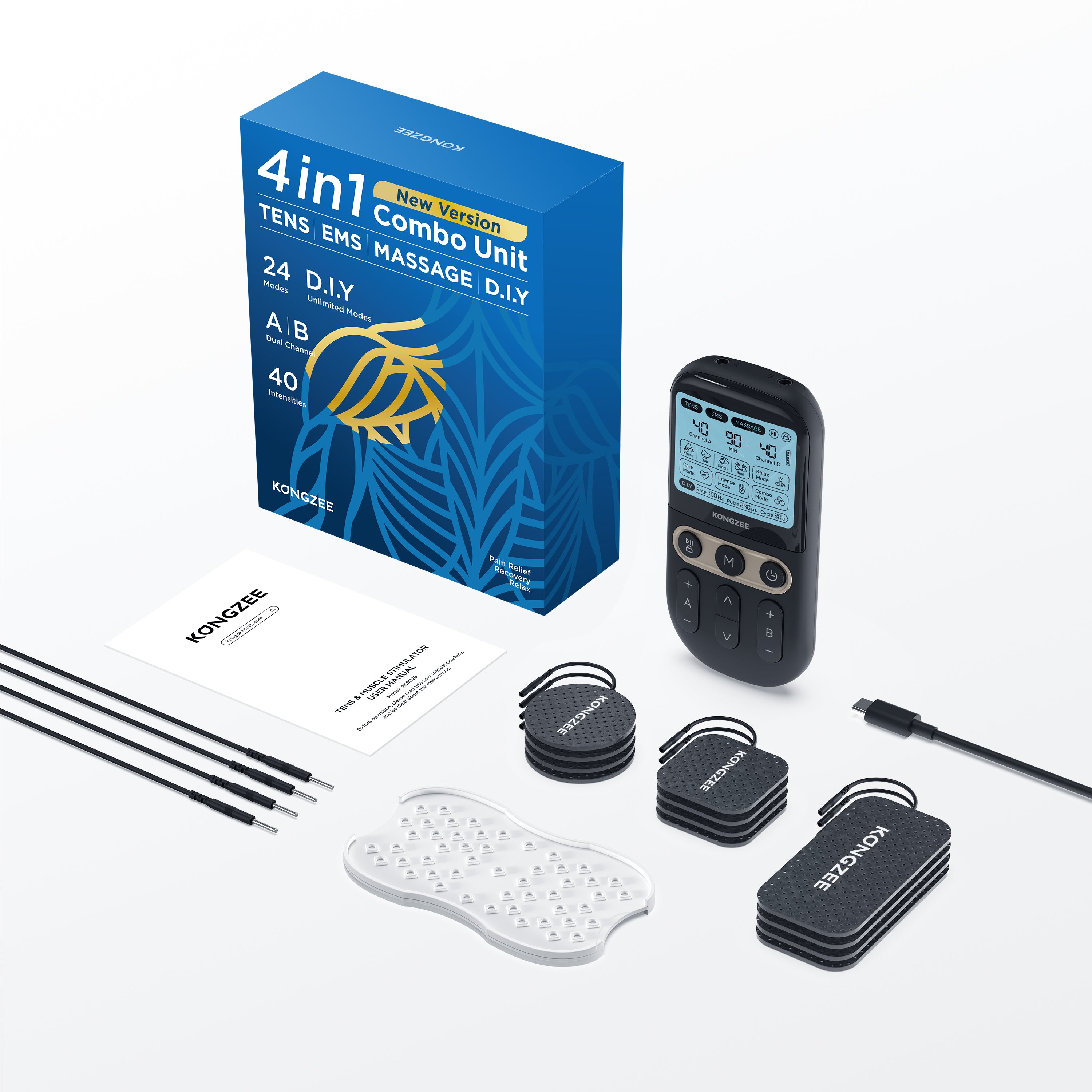
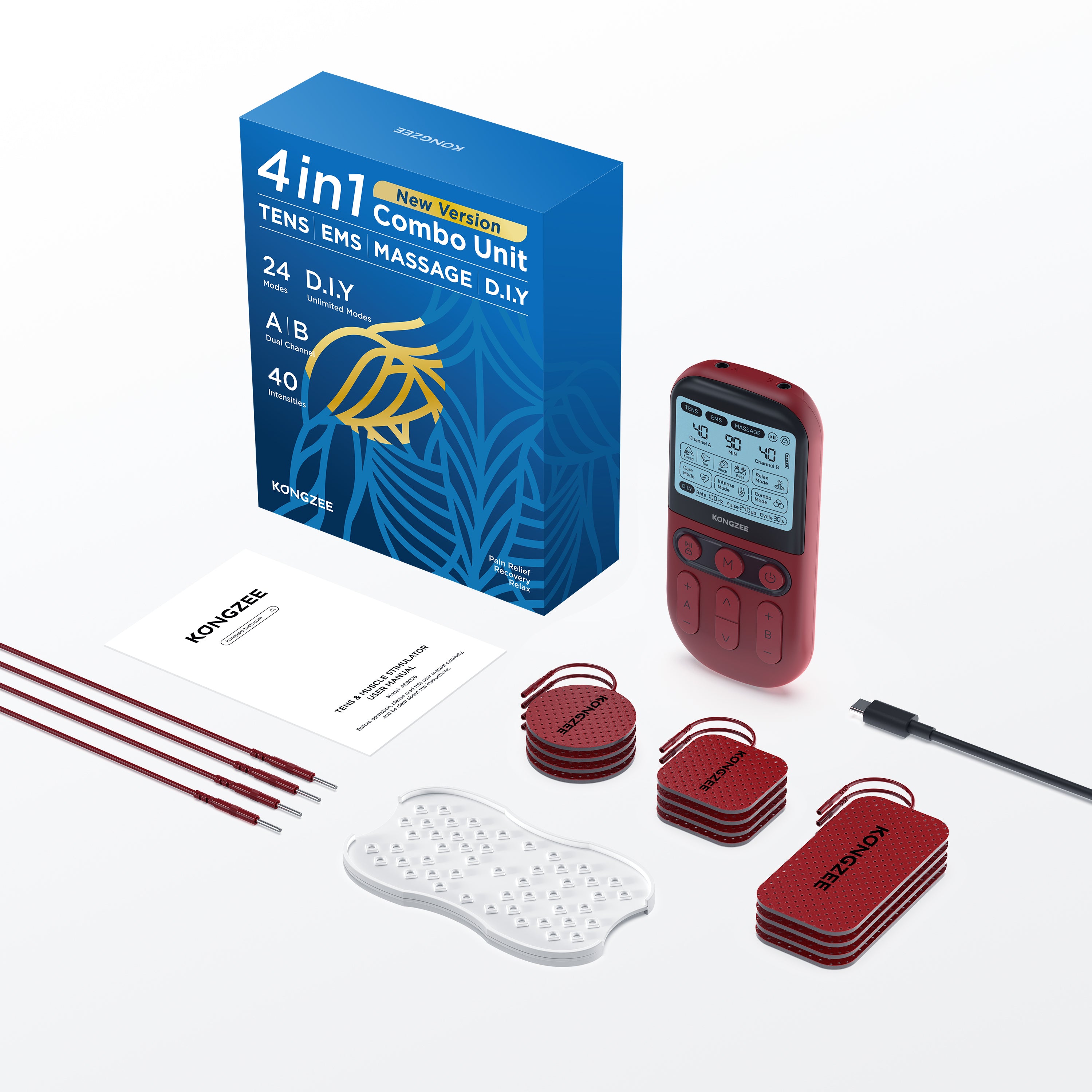
Leave a comment
This site is protected by hCaptcha and the hCaptcha Privacy Policy and Terms of Service apply.